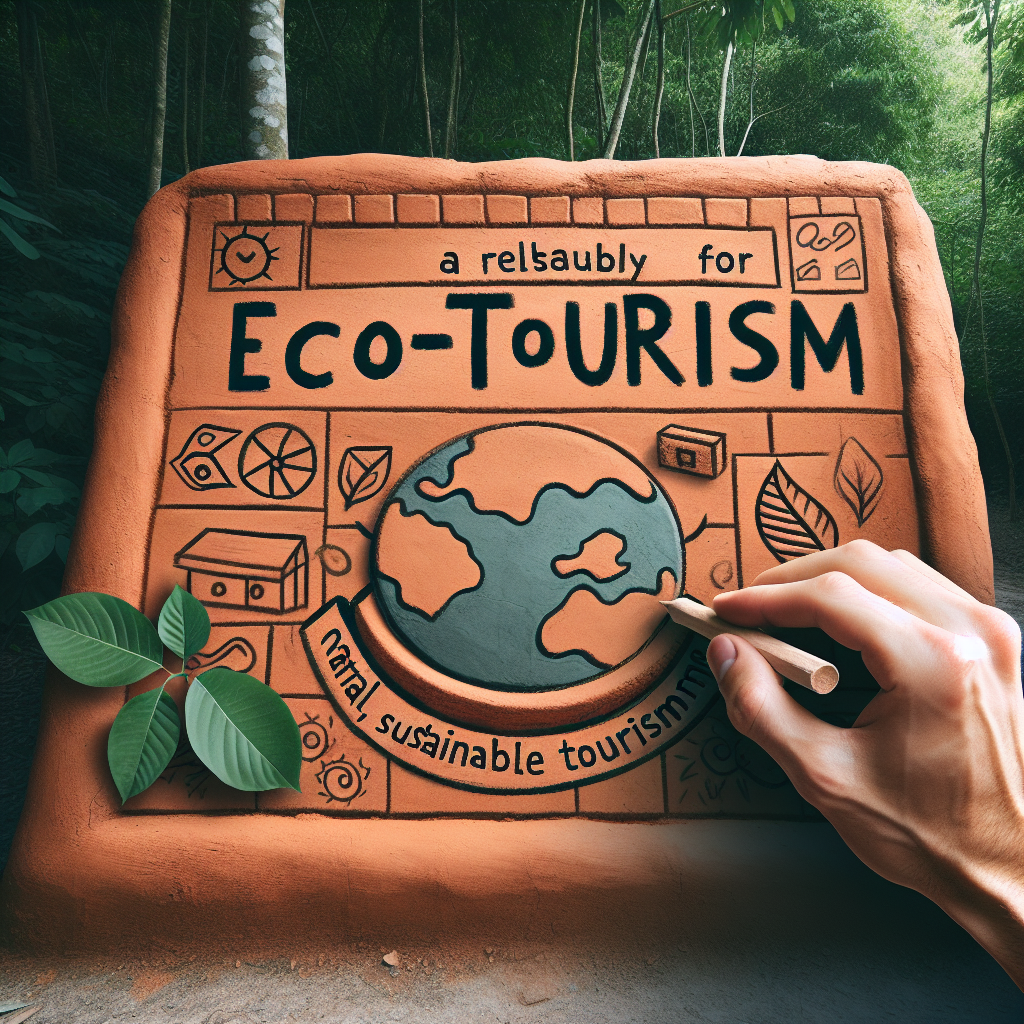Historical Context
The call from the wild has been heard and answered. From mere whispers of caution to emphatic declarations, ‘the writing is on the wall’ as we step into a trend that interlinks science, sustainability, and adventure – eco-tourism.
Trend Overview
Eco-tourism – travel directed towards exotic natural environments intended to support conservation efforts and observe wildlife – is gaining ground as it marries recreation with responsibility. However, it is not just about exploring unspoiled locales; more profoundly, it’s about learning what nature tells us.
Social Context
As climate change continues to take center stage in global discourse, more people are turning towards eco-conscious options — among them is eco-tourism. It offers both an escape from mundane city life while instilling a strong sense of environmental stewardship among participants.
Key Influencers
Celebrities like Leonardo DiCaprio with his eponymous foundation have thrown their weight behind this concept transforming even vacationing into an act of philanthropy.
Consumer Response
Fuelled by growing awareness around climate change issues and sustainability practices thanks to social media platforms such as Instagram and YouTube; consumers are increasingly opting for vacations that leave lush green footprints rather than carbon ones.
An increasing number of travel companies are going green by offering offbeat experiences within protected environments and enforcing strict codes of conduct among tourists to minimize their ecological impact.
Coupled with cultural exchange, eco-tourism helps in the preservation of traditional practices which may have otherwise fallen prey to homogenizing effects of globalization.
As eco-conscious trends become mainstream, the future could see a paradigm shift in the travel industry with more emphasis on responsible travelling linking directly to conservation efforts.
‘The key is balance’ says expert Dr. Samuel Jackson; ‘Eco-tourism should foster environmental appreciation and awareness among travelers without causing undue strain on ecosystems.’
Personal Stories
Anecdotes abound from people who have experienced this transformative kind of touring – vacationers recount how such trips not only gratified their wanderlust but also left them humbled, educated, and rewarded spiritually.

Getting Involved
This grassroots movement invites everyone; adopt environmentally friendly habits when traveling – carry reusable water bottles or bags, respect local customs and wildlife rules.

